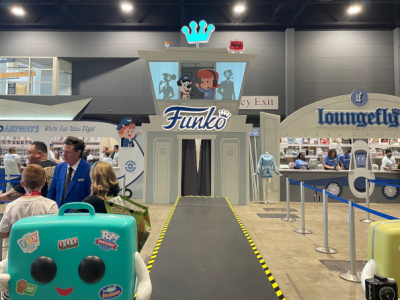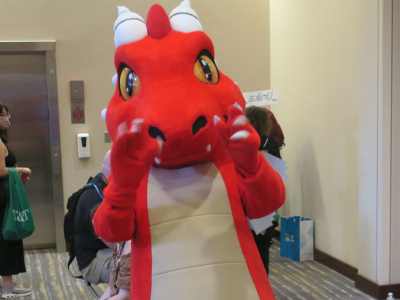Toys R Us released an update on its strategic review on Wednesday, which it has been pursuing in the wake of cutthroat competition and declining sales in its core toy business (see 'Sales at Toys R Us Decline in Q1'). It announced that it will take $150 million in inventory markdowns in Q2 to reduce inventory, improve productivity, and generate cash. The company also plans to cut expenses by $125 million per year in 2005 vs. 2003, and will take a $14 million severance charge in Q2 as one step in that expense reduction plan. And it will reduce capital expenditures to one-half of its depreciation and amortization costs.
On a more macro level, the company plans to separate its shrinking toy and growing Babies R Us businesses. An initial step will be to operate the two businesses separately; further as yet undetermined steps may include selling of the global toy business or spinning off Babies R Us.
Toys R Us will delay its release of Q2 financial results by one week, to Monday, August 23rd.
No additional store closings are planned between now and the end of the year, because, according to CEO John Eyler, 'all of our U.S. toy stores are cash flow positive at the store level, and the majority of this cash is generated during the latter part of our fiscal year.'
Looking at the most recent balance sheet for the reasons for the company's focus on raising cash quickly, as of May 1, 2004, Toys R Us had around $1.1 billion in cash and around $1.8 billion in accounts payable and other short term liabilities. There was $2.25 billion in inventory, the biggest current asset on the books. Its bonds are rated as non-investment grade (junk) and suffered a decline in its credit rating earlier this year (see 'Toys R Us Credit Rating Cut'). Toys R Us did generate both a profit and positive cash flow in its fiscal 2003.
So why the draconian measures? It's probably not because its next (delayed) quarterly numbers are going to be great; it's more likely that the continuing pressure on the toy business from Walmart, Target, and more tightly focused specialty retailers like Gamestop is causing ongoing loss of business and share. We'll know in a couple of weeks.







